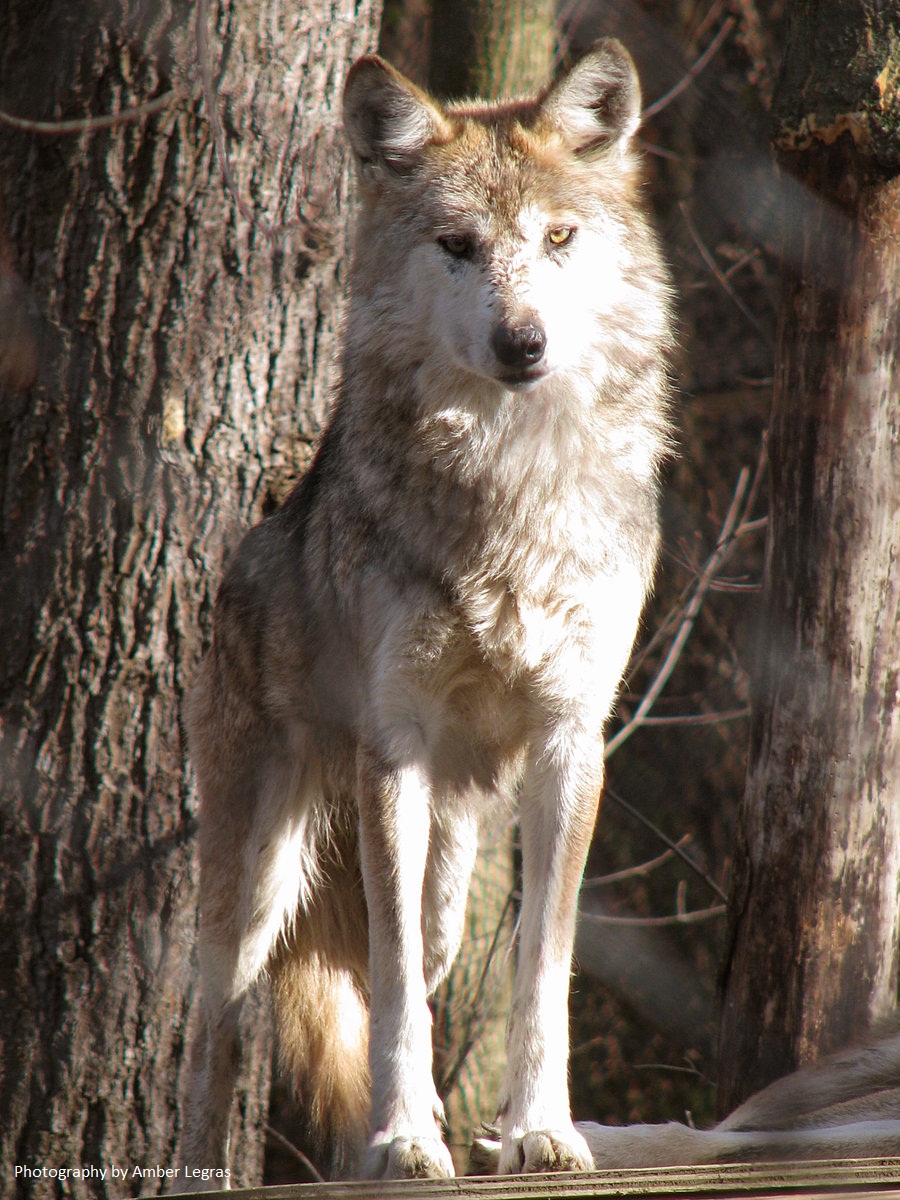News Release: Service Extends Comment Period for Gray Wolf Proposals, Announces Public Hearings to Solicit Additional Stakeholder Input

Thousands of wolf supporters will show NM’s Senators and the US Fish and Wildlife Service the overwhelming support for Mexican wolf recovery.
Personalized comments are most effective, but you can also copy and paste the following key points:
1. The good change is to allow direct releases of Mexican wolves throughout the Blue Range Wolf Recovery Area. The USFWS should put the rest of their proposed rule on hold and speed up approval for more direct releases in expanded areas.
This change has been recommended by experts for over 10 years and can be made faster and with less bureaucratic delay than any other part of the proposed rule.
2. The proposed rule effectively prevents wolves returning to the Grand Canyon region, including northern Arizona and southern Utah, or to northern New Mexico and southern Colorado. The USFWS should eliminate boundaries to the wolves’ movement.
Scientists say some of the last best places for wolves are in these areas, but currently wolves who set up territories outside the Blue Range Wolf Recovery Area are recaptured and moved back. Under the proposed change, the USFWS will recapture Mexican wolves just for going outside of the Mexican Wolf Experimental Population Area whether they establish territories or not. Additional populations of Mexican wolves are necessary to their recovery and genetic health, as is the ability for wolves to move between populations.
Capturing and moving wolves is always a risky business that can result in death or trauma to the wolf. And a bigger box is still a box.
3. The USFWS should not re-designate Mexican gray wolves as experimental, non-essential. By labeling all of the wild wolves as “nonessential” the USFWS ignores science and the reality of 15 years of experience with reintroducing wolves.
The USFWS claims that even if all of the 75 wolves in the wild are wiped out this is not “likely to appreciably reduce the likelihood” of recovery of Mexican wolves in the wild. When the current rule declared wolves in the wild “nonessential” there were only 11 wolves, recently released from a captive breeding program, and they made up only 7% of all Mexican wolves in the world.
Now the 75 wolves in the wild have up to four generations of experience in establishing packs and raising pups and are over 22% of all of the Mexican wolves in the world. And after four generations of captive breeding with few releases, scientists warn that there may be serious genetic problems making captive wolves less able to thrive in the wild.
The fourth generation wild lobos are not expendable and are essential to recovering this unique subspecies of wolf.
4. The USFWS needs to quit stalling and complete a comprehensive recovery plan — and let the public see it — at the same time as or before changing the current rule (except for allowing wolves to be reintroduced into additional suitable places).
USFWS admits that their present, typewritten, 1982 recovery plan is not scientifically sound and does not meet current legal requirements — yet in its proposed rule USFWS continues to emphasize a woefully inadequate population of only 100 wolves in the wild.
When USFWS published the current rule in 1998 they said they expected to put out a new recovery plan for the public to comment on later that year; 15 years later, there still is no scientific or legally adequate recovery plan!
The proposed rule puts the cart before the horse and should come with or after — not before — an updated recovery plan
USFWS’s decisions on the proposed rule can help Mexican wolves finally thrive or can push them closer to extinction. Please comment today, and ask others to do the same.
You can submit your comments online here:http://www.regulations.gov/#!submitComment;D=FWS-R2-ES-2013-0056-0001
Public Comments Processing -Attn: FWS-R2-ES-2013-0056
Division of Policy and Directives Management
U.S. Fish and Wildlife Service
4401 N. Fairfax Drive, MS 2042-PDM
Arlington, VA 22203
Thank you for giving these special wolves a voice in their future.
_________________________________________________________________________________________________________________________________________________________
Click here to join our email list for Mexican gray wolf updates and action alerts.
Visit us on Facebook here.



